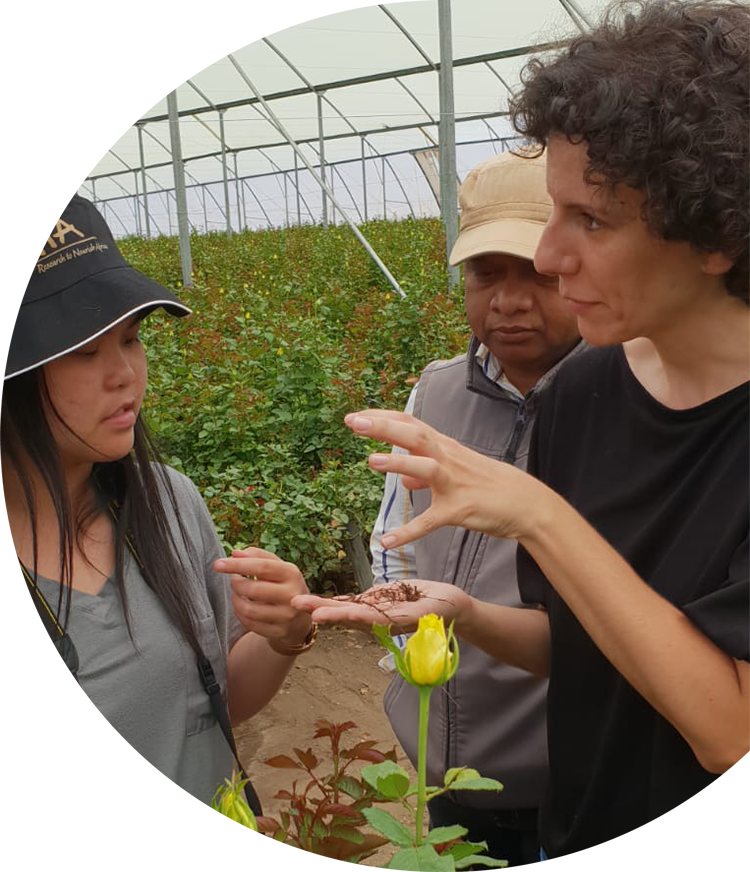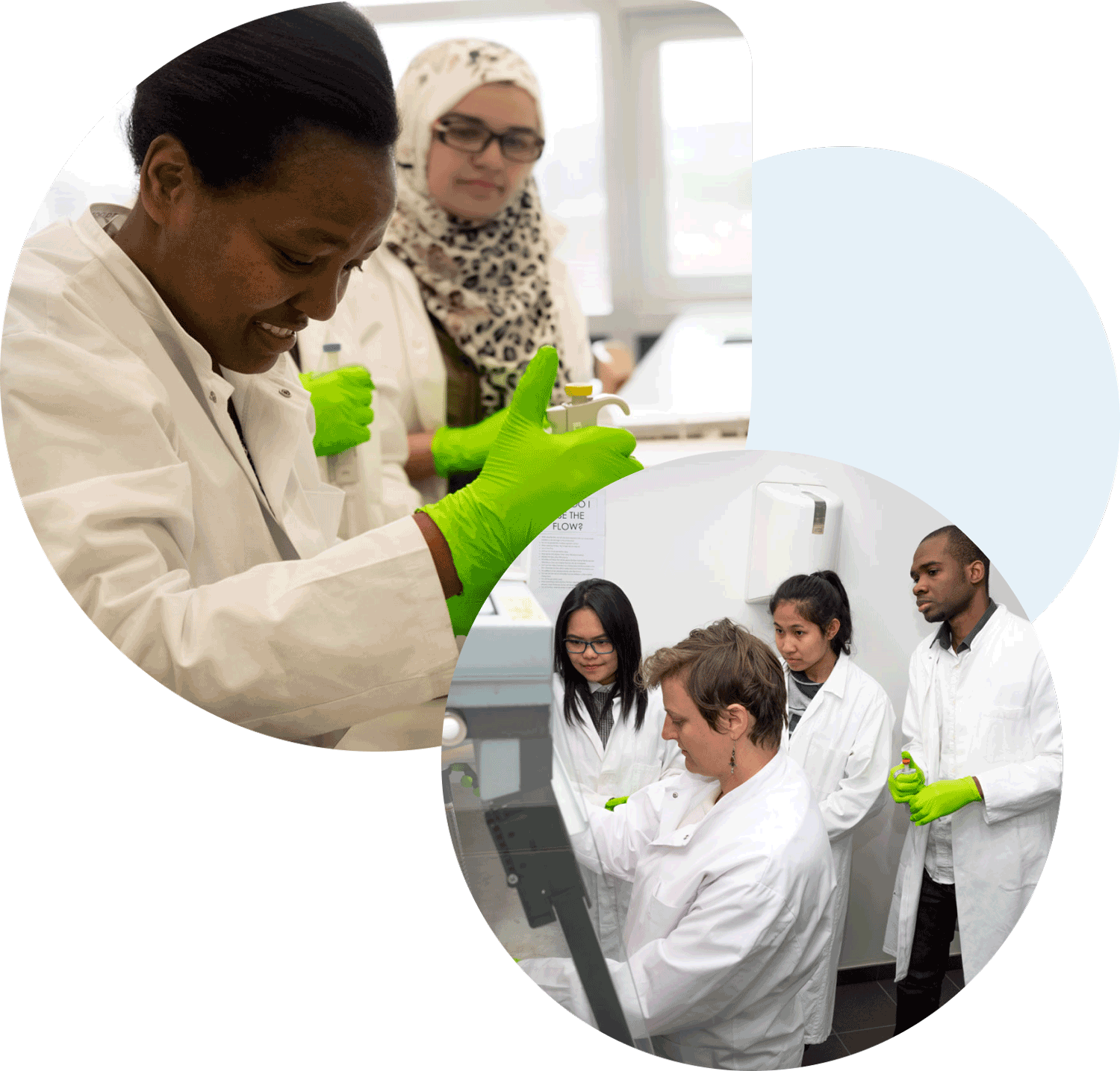The International Master of Science in Agro- and Environmental Nematology (IMaNema) is a globally unique 2-year MSc programme in English and brings together internationally renowned staff to train students in the broad field of agricultural and environmental aspects of nematology.
Nematodes are notorious as parasites of plants and animals resulting in tremendous crop losses and serious diseases of humans and livestock. Certain species, however, are very effective in biocontrol programmes with some now used as a mainstream insect management strategy. Additionally, free-living species are important as bio-indicators for environmental monitoring, while others are very informative model organisms.



Students will learn
1. to identify nematodes using morphological and molecular techniques;
2. to recognise the effects of nematodes on crops and their role in disease complexes;
3. to implement and advise on sustainable farming practices and improve agricultural productivity under rapidly changing environmental and climate conditions;
4. techniques and production of nematodes as biological control agents;
5. about nematodes in their role as ecosystem service providers.
The course is primarily academic in which applied knowledge is embedded. To create a more conducive and locally appropriate link for capacity building in the South, the programme has an international mobility option to Kenya with an internship, agricultural extension work and participation in a satellite training programme as educators.
Apply ScholarshipsMain topics
Food Security
Biodiversity
Biocontrol
Genetic / genomic aspects
Model organisms
Sustainable agriculture
News
Call to join our programme in September 2026!
The application for admission to the IMaNema programme and scholarships to start in September 2026 is now open. All info...
Read moreCall 4: for ICP NEMA CONNECT and Plant Village scholarships
The IMaNema programme collaborates with the Master of Science in Plant Pathology at Moi University in Kenya. This programme has...
Read more3rd PANEMA workshop in Cotonou, Benin (12-13 March 2024)
Le 3e atelier du réseau panafricain de nématologie se tiendra au Bénin en 12-13 mars 2024 Les 12 et 13...
Read more